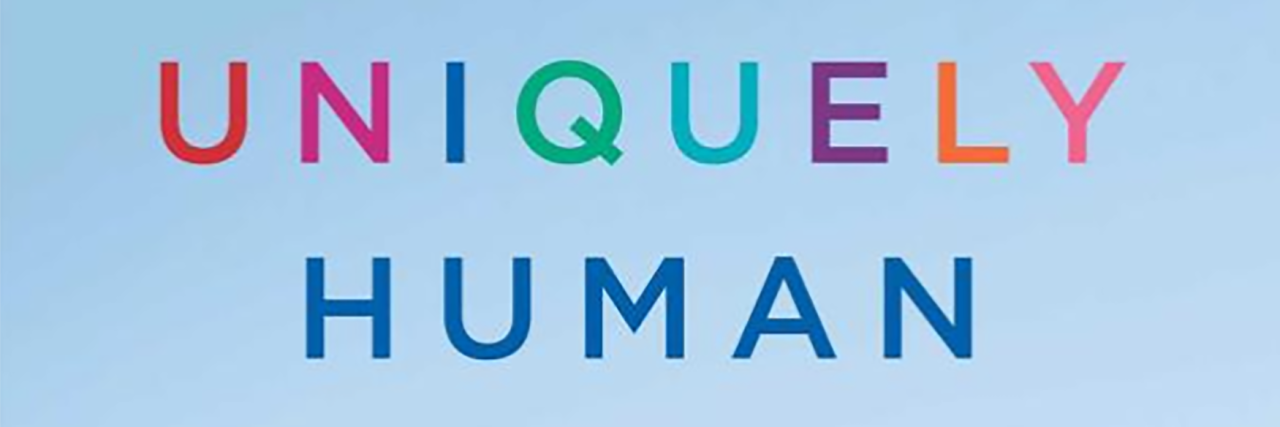As a teenager with autism, I have been trying to find a book written by a professional in the field that is not only interesting, but factual. When I say factual, I am talking about information that truly represents the mind of someone on the spectrum. No stereotypes, no misrepresentation, just pure knowledge. I recently found that book: Uniquely Human: a Different Way of Seeing Autism by Dr. Barry M. Prizant, Ph.D., CCC-SLP with Thomas Fields-Meyer.
Let me start out by saying this is the best book that I have ever read in my whole entire life (and I really mean it). Every single moment I was reading this book I couldn’t believe what I was reading. With decades of experience, Dr. Prizant really knows what he’s talking about. Dr. Prizant mentioned qualities of professionals who “get it.” He really “gets it.”
Uniquely Human: a Different Way of Seeing Autism starts out with stating that the treatment of autism is a largely unregulated enterprise. I completely agree. There are certain licensing requirements for licensed psychologists (Ph.D./Psy.D.) and board-certified behavioral analysts (BCBA). But there is no other agency checking up on providers making sure that they are doing the right things for the right reasons. Because of this, there are some professionals who unknowingly worsen the situation they’re trying to help. Furthermore, Dr. Prizant states something that foreshadows the rest of the book. He says, “Autism isn’t an illness, it’s a different way of being human.” When I think of this, I think of a famous quote by Stuart Duncan, “Autism isn’t a disability, it’s a different ability.” The authors realize that everyone is different in their own way.
Uniquely Human: a Different Way of Seeing Autism also presents the all too known but not used enough question… why? Dr. Prizant mentions that professionals who are working with children on the autism spectrum need to ask “why.” He states that many providers see what a behavior is and then try to eliminate it. They should really be a detective and find the truth about why someone is doing something. When you find this out, proceeding with the right treatment is much easier to do. I personally have seen an aide to a child repeatedly tell the child to stop humming, when in reality this was a much needed and extremely important stim. This is just one example of many I have seen. He says that professionals who ask why are professionals who “get it.” People who “get it” must have empathy — the human factor, sensitivity, shared control, humor, trust, and flexibility. From what I have seen with Dr. Prizant’s writing, he truly “gets it.”
The last thing that really stood out for me when reading this book was the authors’ take on social language. Dr. Prizant said people with autism have a hard time learning a social language. He then gives a genius analogy: learning a social language is like learning a second, foreign language to someone on the spectrum. It’s harder to achieve the same fluency level as native speakers. These native speakers are “typical” people, while the foreign language applies to people with autism. This gives me a whole new perspective on my troubles with social skills knowing that in a way, it’s a foreign language to me. Dr. Prizant said that in the real world, people with autism are left to fend for themselves; navigating a reality that makes sense to everyone else but them and that for individuals with autism, comprehending the social world can mean living in a state of confusion. This is so true for me as I often feel this way. There isn’t a day that goes by where I don’t get confused, stressed, and frustrated over my social skills. I have troubles seeing social cues or hints along with sarcasm, which makes me wonder why I’m not understanding what everyone else knows.

